Sulfur, phosphorus, and calcium are the most important and dominant minerals that the human body uses to perform vital functions. Sulfur is unarguably beneficial to the tissues and cells in the body because of its significant functions. It is utilized by the body to regulate gene expression, repair and build DNA, synthesize protein, food metabolism, and maintain the quality of connective tissues like tendons, ligaments, and the skin. As such, our body requires a sufficient amount of sulfur to properly function.
The body requires sulfur for the synthesis of primary proteins in the body. For example, sulfur helps with the fusion of methionine and cysteine, which are part of the two amino acids that are used to produce proteins in the body. These amino acids are active in your hair, nails, and skin, where they support the flexibility and strength of these tissues. However, your body can only acquire these two amino acids when you consume sulfur in forms that can be harnessed to produce these compounds. Eating foods that are rich in sulfur is one verified and potent way of ensuring that your body gets the right amount of sulfur it needs to carry out its functions.
Foods high in sulfur are considered essential in our diets because they provide a ready and natural source to ingest sulfur. Dietary sulfur can be absorbed from plant-based proteins, foods that do not contain protein, and plant-based foods. The consumption of these foods will not only ensure that your body gets enough sulfur, but these foods would also provide your body with other minerals and vitamins. Here are 15 great foods that you can get sulfur from:
15 foods high in sulfur
1. Garlic
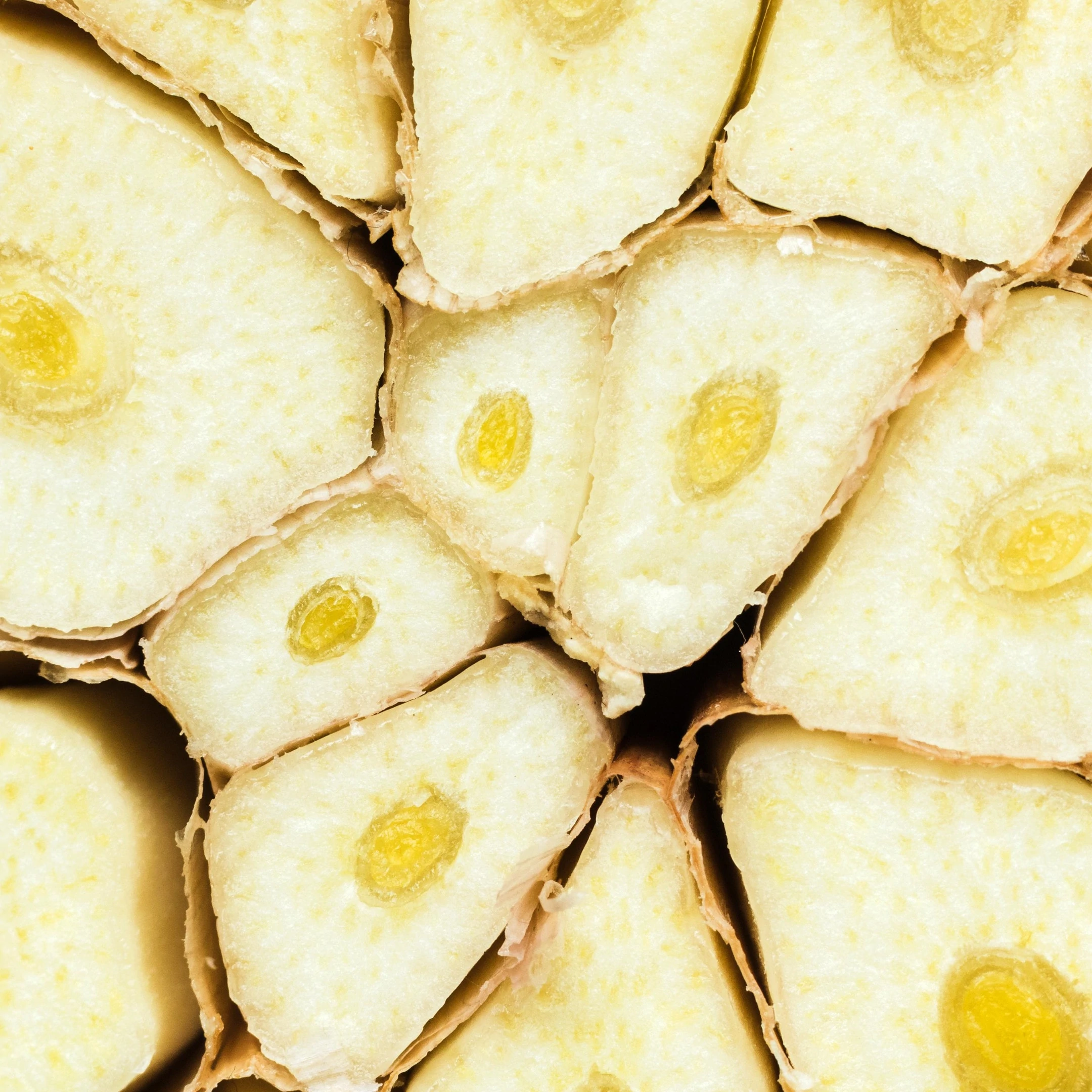
Garlic comes from the vegetable family of allium and vegetables that emerge from this class are usually rich in compounds such as diallyl sulfide and allicin, which contain sulfur. Allicin is one of the most prominent compounds in garlic; it has antimicrobial effects and can help to improve the function of the immune system and defend the heart. Also, garlic has a lot of nutrients and you do not need to consume large portions to see its benefits.
2. Onions
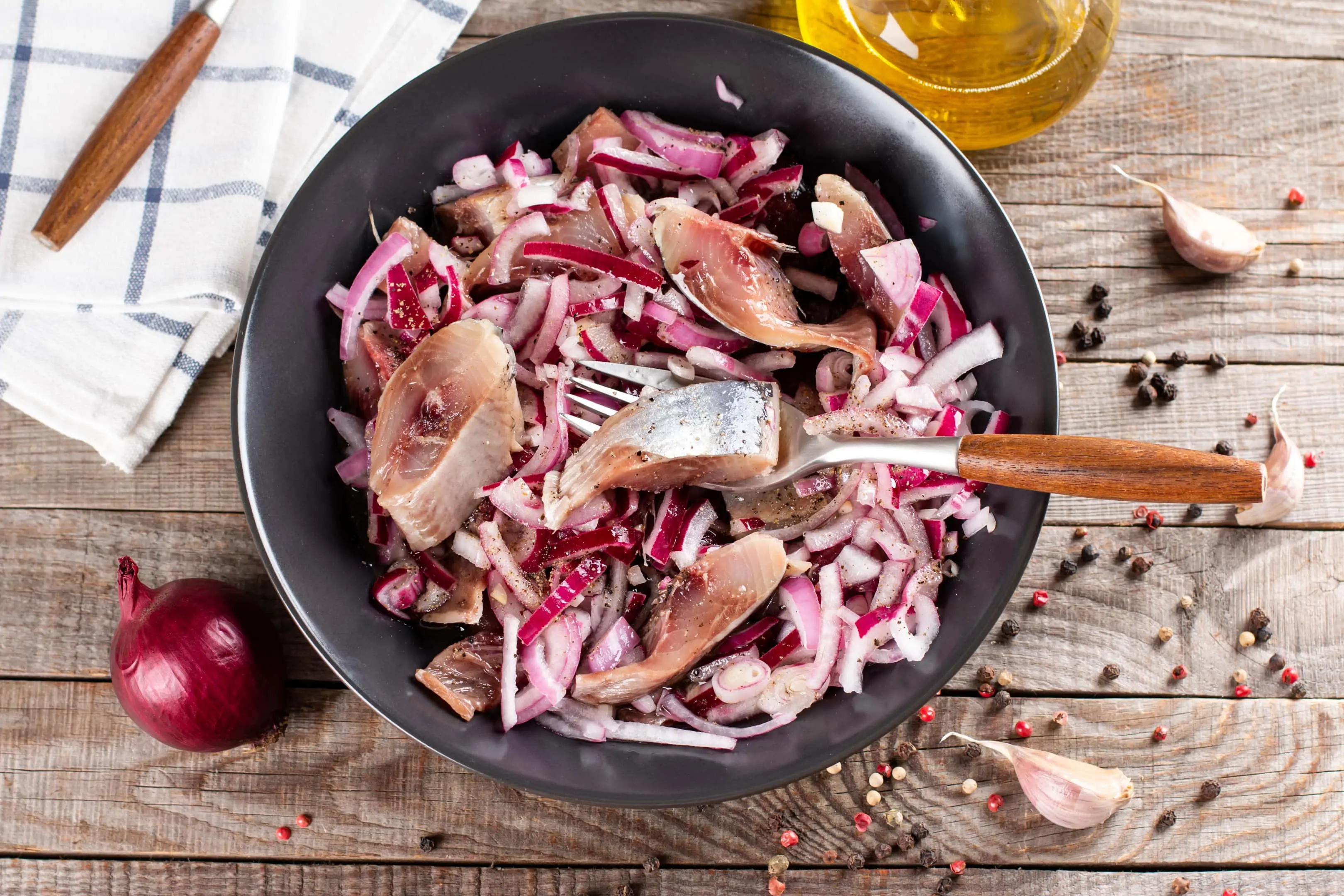
Like garlic, onion also contains a high concentration of Allium. Consuming onions is regarded as one of the best ways to acquire dietary sulfur. Onions contain minerals, antioxidants, and other nutrients that have several health benefits. These benefits include boosting immune function, protection of the heart from disease, tissue repair, and aiding the reduction of high blood levels.
3. Cauliflower and broccoli

These vegetables also come from the cruciferous family and like other cruciferous vegetables, they contain sulforaphane. Incorporating cauliflower and broccoli into your diet is an excellent way to raise your body’s sulfur levels. You can use cauliflower in many ways including bread and pizza crust; some stores even now offer cauliflower rice in bags. Although broccoli isn’t as versatile as cauliflower, you can find a place for it in your diet.
4. Legumes

Soybeans, black beans, split beans, white beans, and kidney beans are some of the types of legumes that are rich in sulfur. Legumes carry many nutrients and are a significant source of plant-based protein. They are also a good source of fiber and can help with weight management.
5. Fish and seafood

Not only are fish rich in omega-3 fatty acids, but it also contains several amino acids and is rich in protein, which makes it a great source to get sulfur. Eating fish can give your body several benefits. These benefits include the improvement of cognition and a decreased risk of falling sick. The quantity of sulfur that you receive from fish depends on the type of fish that you put in your diet; codfish and haddock are great fish with sulfur that you can consume. Other types of seafood that also contain sulfur include mussels, scallops, shrimps, prawns, and crabs.
6. Meat and chicken

Meat is a great source of protein that you can get vital amino acids from. Methionine and cysteine are examples of such major amino acids. Chicken is another protein food that has sulfur; you can get more than 300 mg of sulfur from chicken in one serving. Chicken and meat have a lot of nutrients, but you should consume red meat in moderation.
7. Eggs

Eggs contain a compound called methionine, which is one of the key amino acids that your body needs; this amino acid is rich in sulfur. Eggs are also rich in protein and this is why many people integrate them into their morning meals. They also contain other nutrients like selenium, vitamin B12, and vitamin A. Medical studies have proven that eating eggs can improve appetite and reduce the risk of heart disease.
8. Whole grains

Thiamine, which is an important amino acid that the body needs, must be taken from dietary sulfur as the body is incapable of producing it. Some types of whole grains can provide you with sulfur in the form of thiamine. These grains include oats, flour, pearl barley, and wheat. A diet high in whole grains can reduce the risk of obesity, stroke, and heart disease.
9. Nuts and seeds

Many nuts and seeds contain sulfuric compounds making them a good source of sulfur. Almonds, peanuts, pumpkin, walnuts, sesame seeds, and Brazil nuts are some of the most notable nuts and seeds that you can eat to get sulfur. Other than being a good source of sulfur, these seeds and nuts have other advantages that they wield. For example, almonds contain protein and other nutrients; Brazil nuts are rich in selenium and walnuts can help improve brain health.
10. Cruciferous vegetables

Other cruciferous vegetables that you can get sulfur from include arugula, radish, kale, brussels sprout, cabbage, and turnips. These vegetables are high in sulforaphane. Sulforaphane is a unique compound that can reduce DNA damage and protect the body from different cancers. You can also get fiber and phytonutrients from these vegetables. Some of these cruciferous vegetables can also aid the reduction of inflammation and help with weight loss.
11. Spices

There are several spices that have sulfur; ground ginger and curry powder are examples of spices that contain sulfur. Other spices that contain sulfur include marmite, horseradish, and mustard.
12. Dairy products

Dairy products are commonly used in the preparation of many meals. They are major sources of sulfur and can help to improve bone and digestive health. You can get sulfur from dairy products like cheddar, gorgonzola cheese, Parmesan, yogurt, and cow’s milk.
13. Dried fruits
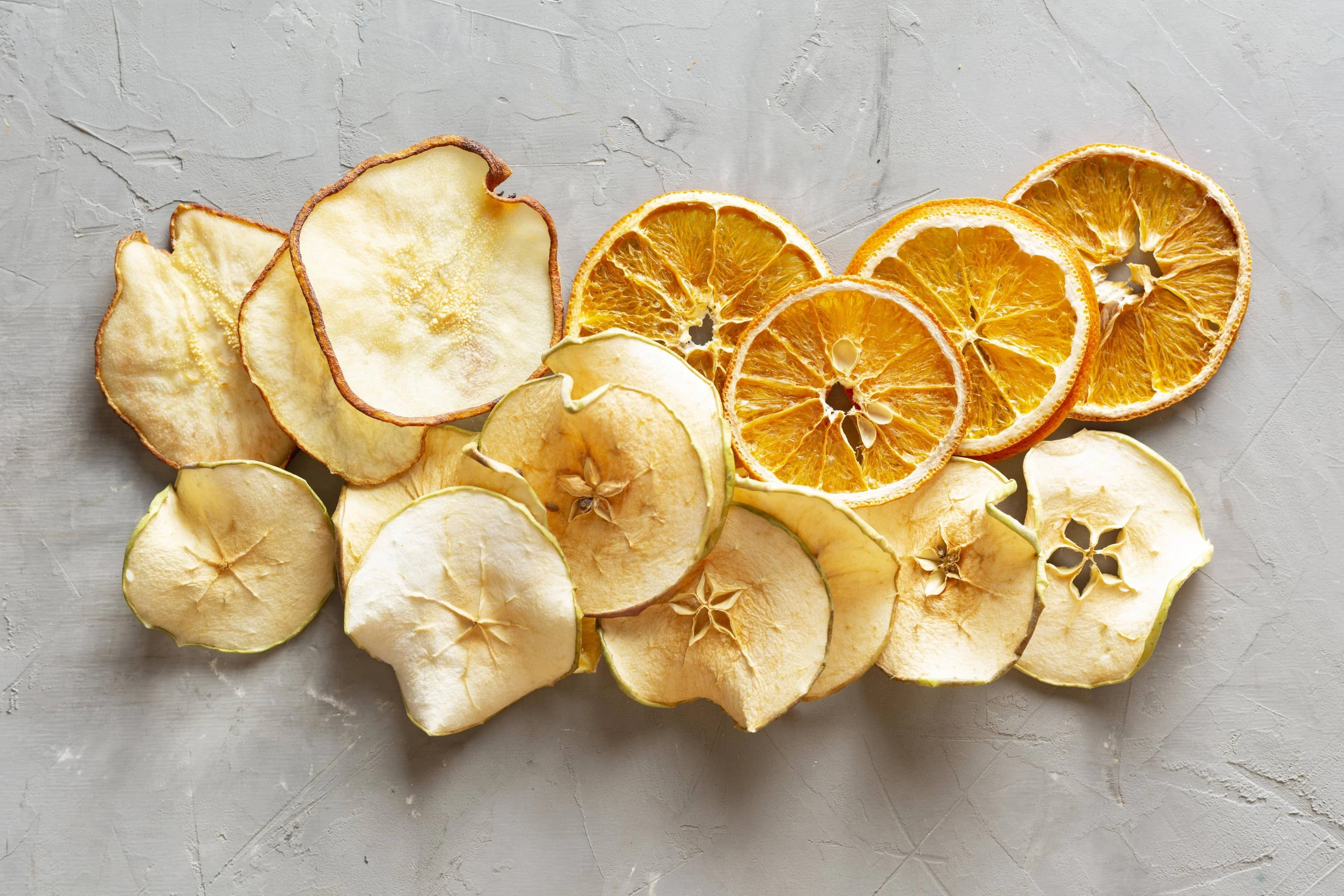
Dried fruits are part of the foods high in sulfur. Fresh fruits tend to have low sulfur quality but when dried, they can become a good source of sulfur. Dried fruits that are relatively rich in sulfur include peaches, figs, sultanas, and apricots. Another reason why you should consider consuming dried fruits is that they contain more nutrients and antioxidants than fresh fruits. Don’t consume too much, though, because of their sugar content.
14. Organ meats

Although many people find these parts of an animal unappealing, not only are they incredibly delicious but they are also rich in many nutrients and contain sulfur. Organ meats such as the liver, heart, and kidney are also awesome sources of iron and choline and can help keep muscle mass.
15. Asparagus

This nutritious vegetable is rich in folic acid and is a good source of thiamin, potassium, vitamin A and fiber. It has sulfur content and offers other compounds that can only be absorbed from plants. Asparagus contains a compound called lycopene, an active antioxidant that can also be found in red fruits, vegetables, and oranges.
Other foods that you can consume to give your body sulfur include leek, turkey, beef, leafy vegetables, watercress, couscous, and lentils. Some beverages contain certain amounts of sulfur, such as tomato juice, coconut milk, wine, cider, beer, and grape juice.
Conclusion
The best way to ensure that your body gets a good amount of sulfur is to consume different kinds of foods high in sulfur; this will assist your body in meeting its needs as regards sulfur and other nutrients. However, while consuming foods that are high in sulfur, remember that moderation is key. Too much consumption of this mineral can produce certain side effects like diarrhea, and can also worsen the symptoms of some inflammatory bowel diseases.

A writer passionate about wellness, nutrition, and intentional living. She creates engaging, research-based content that empowers readers to live healthier lives. Through every article, she brings clarity, inspiration, and a touch of everyday practicality. Read more about Juliana.


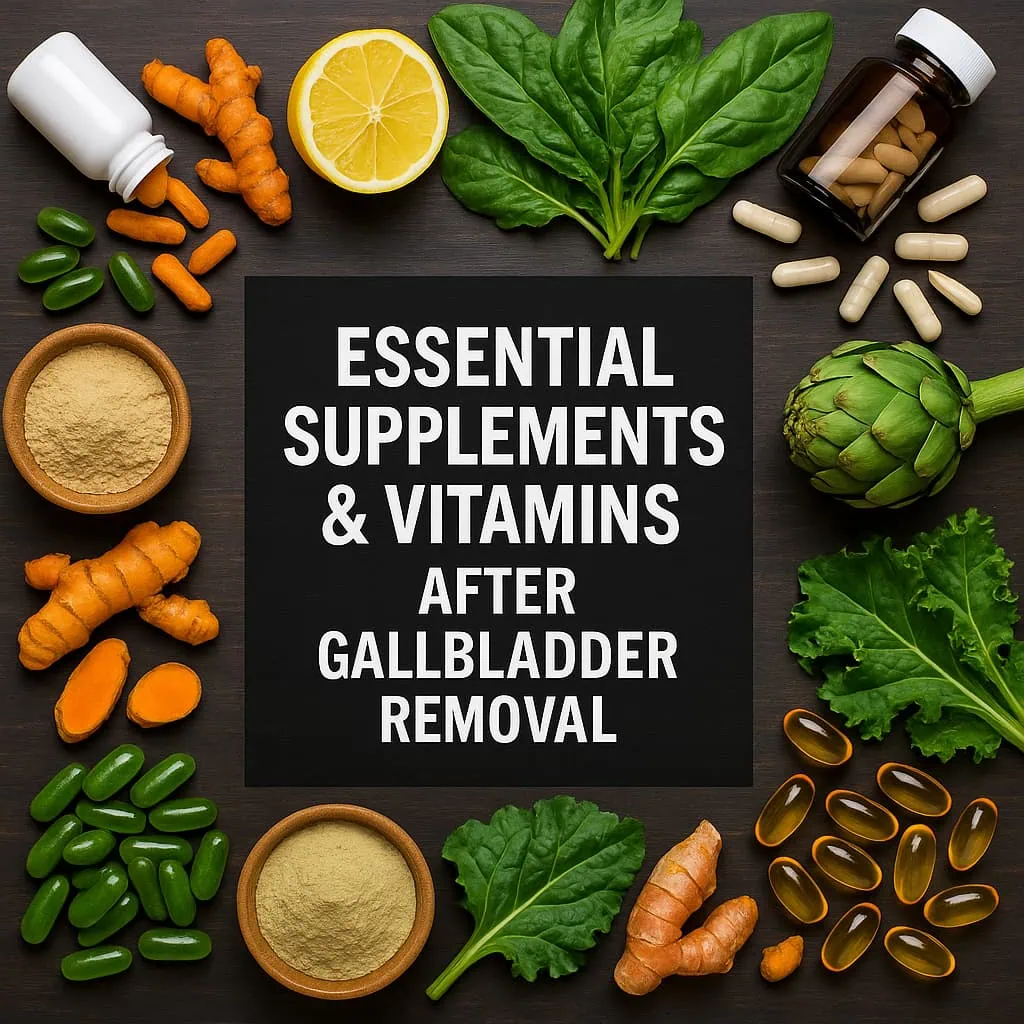
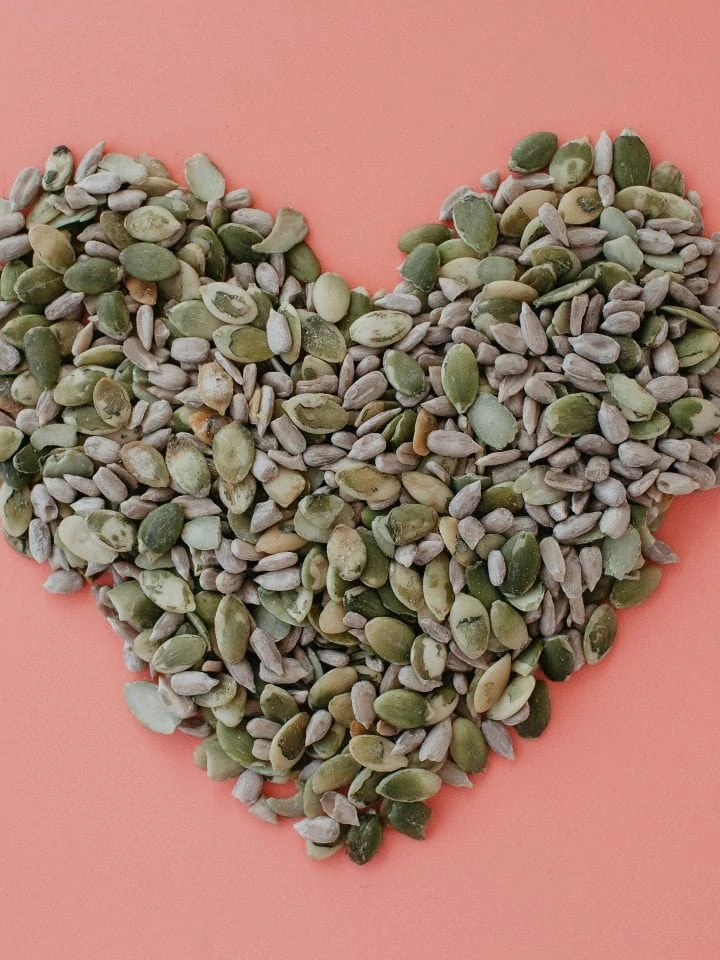

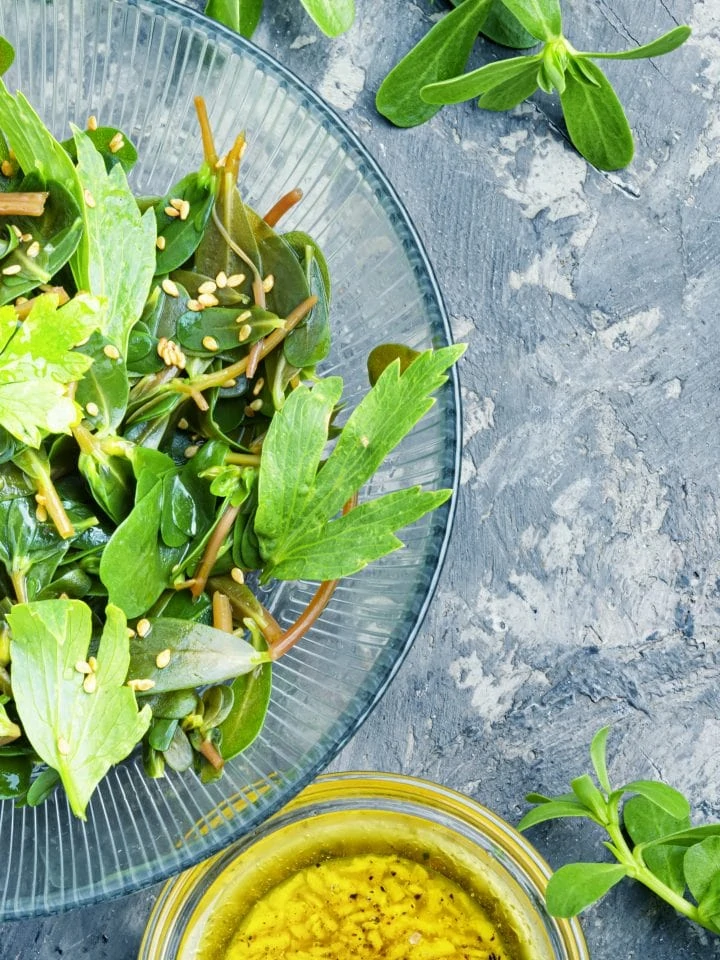

Comments
No Comments